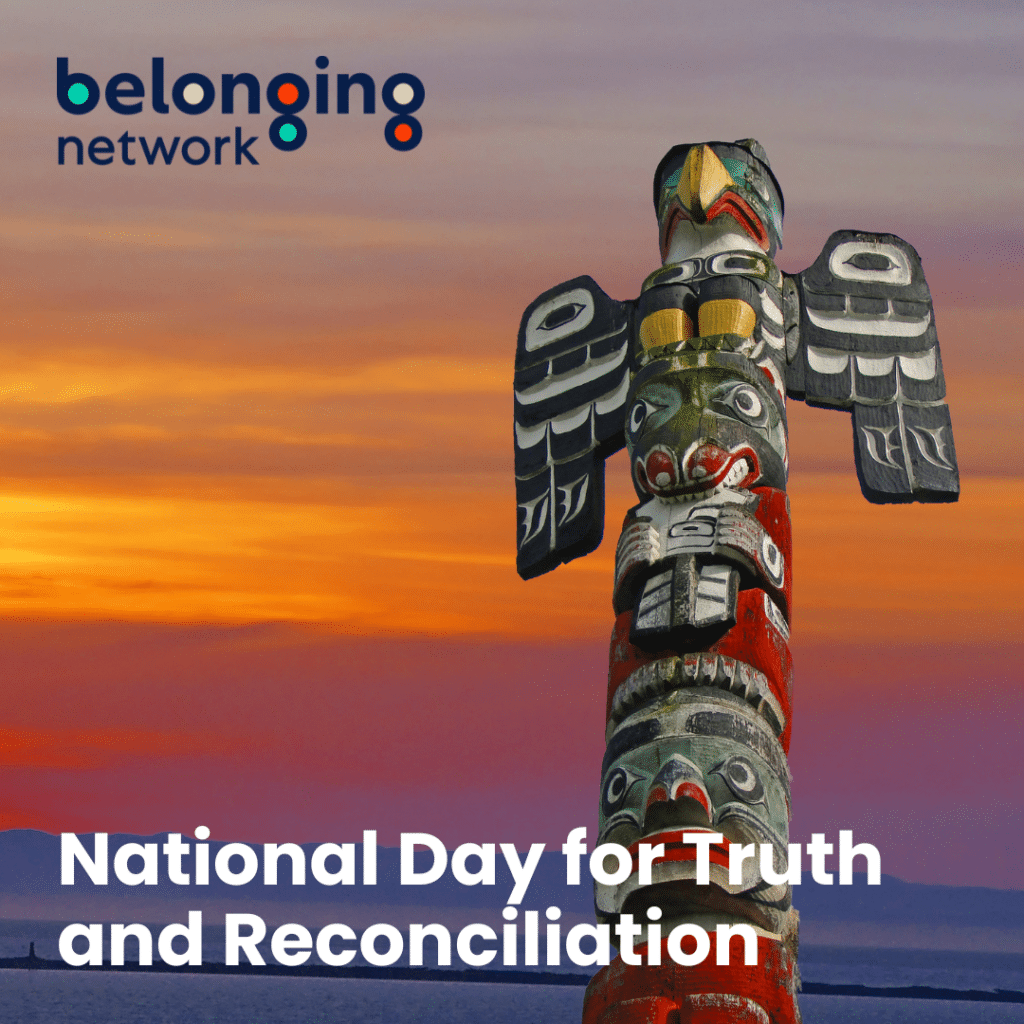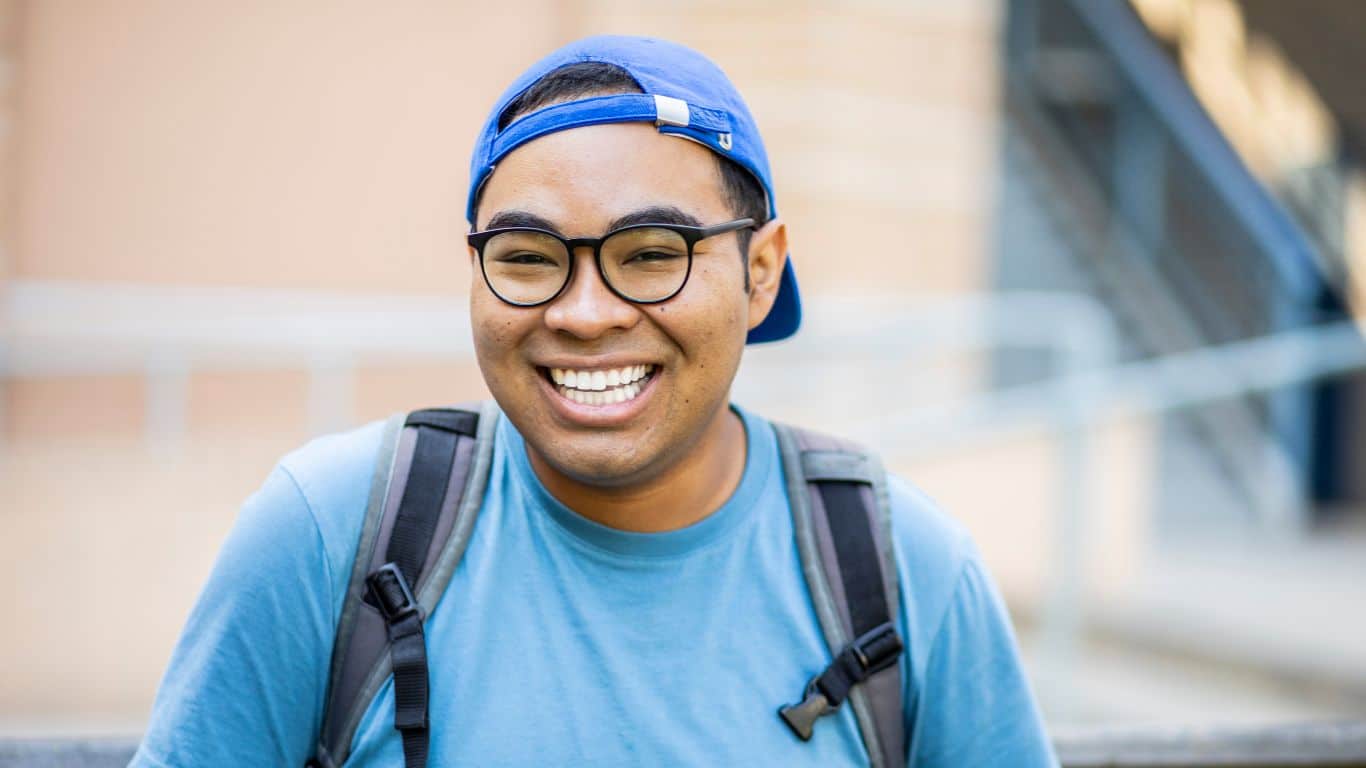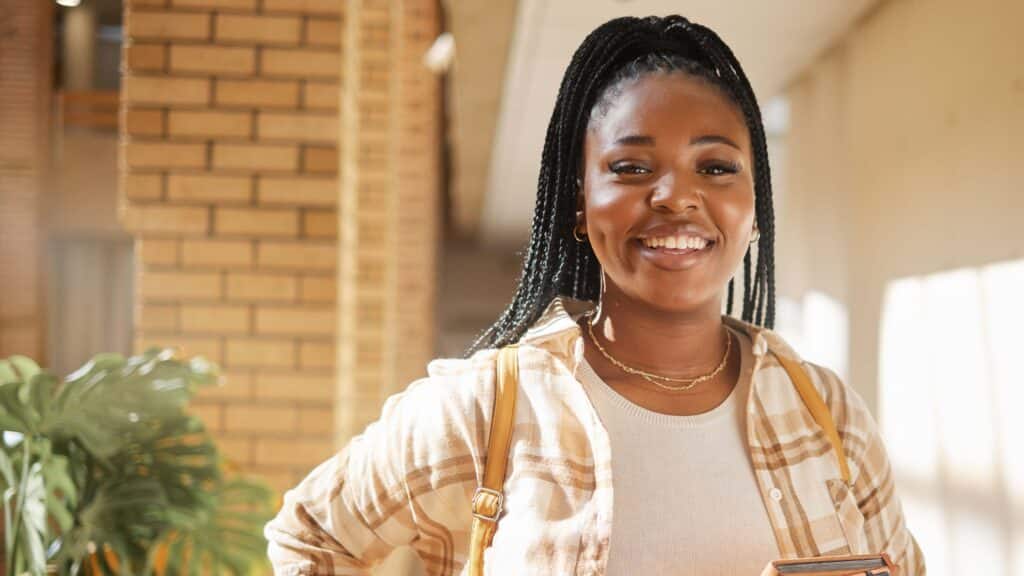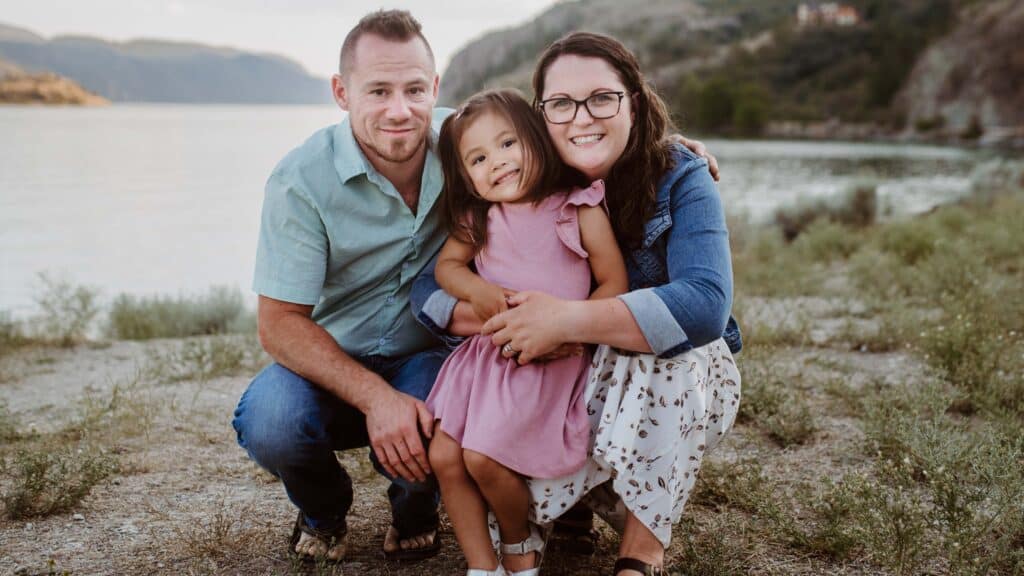Today is the National Day for Truth and Reconciliation. Our office is closed in observance.
As an organization, the Belonging Network is committed to listening, learning, and participating in truth and reconciliation. We stand witness to the harm inflicted on Indigenous peoples whose children have been taken from them through the residential school system, the Sixties Scoop, and the modern child welfare system. The impacts of separating generations of Indigenous children from their families, cultures, and communities are still deeply felt today.
Read more about our commitment to truth and reconciliation.
Here are some of the actions we’re taking to live that commitment.
- We provide our entire staff and Board with training through the Indigenous Perspectives Society
- One of the reasons we changed our name was in response to feedback from respected Indigenous friends and partners. They let us know that because of the ways adoption has harmed Indigenous families and communities, a name change would be a meaningful step in our truth and reconciliation journey.
- We engage Indigenous consultants and advisors to inform our program development, including new programs requested by and designed for Indigenous participants.
- We’re revising our foundational Adoption Education Program (AEP). The new version will be called Learning for Everyone in Adoption and Permanency – LEAP. Every module of LEAP has been reviewed through an Indigenous lens by Indigenous consultants, and will reflect legislative changes that recognize the inherent right of Indigenous peoples over their children’s welfare.
- Youth-serving organizations who tried out our Stepping Stones life skills curriculum liked it so much that they asked for an Indigenous version. In response, we worked with Indigenous consultants to develop one and are now ready to pilot Stepping Stones – Indigenous Ways of Knowing and Teaching with Indigenous partners in the year ahead.
- In a recent consultation we undertook in partnership with Indigenous Perspectives Society, Indigenous community leaders told us we could contribute by developing Family Finding Tools. In response, we’re using our experience finding “families that fit” to develop Family Finding Tools with an Indigenous lens. We hope these tools will help more Indigenous children and youth find permanency with Indigenous families.
- We’re thrilled to have renewed our arrangement with Vancouver Film Studios to administer bursaries specifically for Indigenous students. Our other bursary programs are open to Indigenous youth too.
We are honoured to work with many wonderful Indigenous individuals and organizations who help us ensure our programs are welcoming for Indigenous children, youth, and families. This year we especially want to thank:
- Rachelle Dallaire and her team at Indigenous Perspectives Society for their ongoing partnership and guidance.
- All members of our staff and Board benefit from Indigenous Perspectives Society’s foundational Cultural Perspectives training, and additional role-specific training.
- Montana Livingstone and Everett Willier for their review and feedback to make the new Learning for Everyone in Adoption & Permanency (LEAP) course relevant for Indigenous participants.
- The late, wonderful Linda Lucas, whose consultation work with 16 Indigenous child and family serving organizations led to the Family Finding Tools project, now underway.
- The project team that worked diligently to create the Stepping Stones – Indigenous Ways of Knowing and Teaching curriculum:
- Tim Harris (Stz’uminus First Nation) – Lead Project Manager
- Advisory Group Members: Shauna Harris (Namgis First Nation), Carly Foster (Nanaimo), Duck Paterson (Ladysmith), Darian Harris (Stz’uminus First Nation), Sarah Howlett (Nanaimo)
- Youth Advisory Members: Kaitlyn McMahon-White (Snuneymuxw First Nation), Alex Thomas (Snuneymuxw First Nation), Frankie Shaw (Stz’uminus First Nation)





